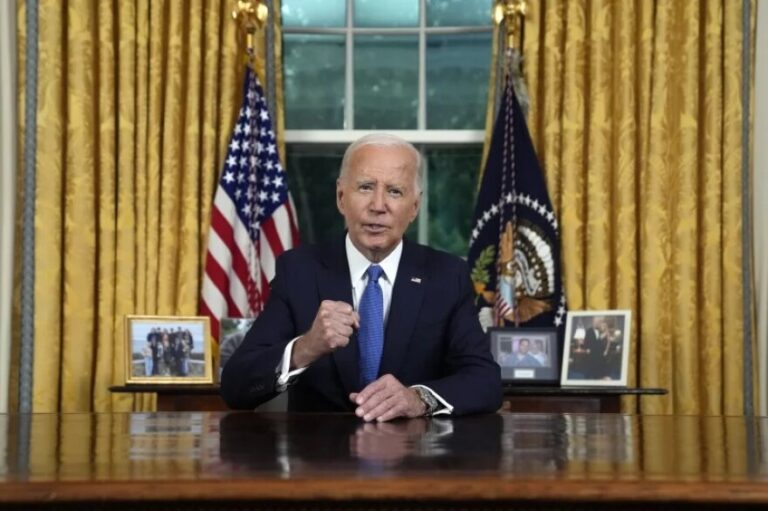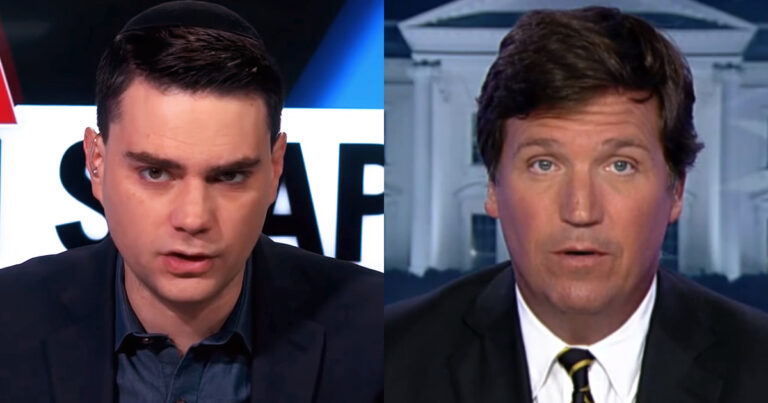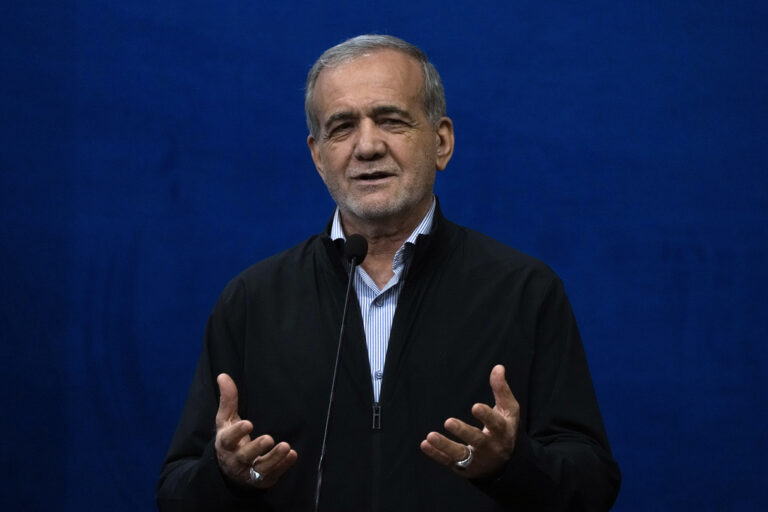A bipartisan group of senators reached a tentative framework on an infrastructure deal Wednesday ahead of a crucial meeting with President Joe Biden at the White House.
Biden’s top aides met with senators for back-to-back meetings on Capitol Hill and later huddled with House Speaker Nancy Pelosi and Senate Majority Leader Chuck Schumer as the president reaches for a signature domestic achievement with his sweeping $4 trillion infrastructure plans.
“We’re very excited about the prospect of a bipartisan agreement,” Pelosi said.
The group had been narrowing on a much smaller but still sizable $1 trillion proposal of road, highway and other traditional infrastructure projects. They have struggled over how to pay for an estimated $579 billion in new spending.
Biden invited members from the group of 21 senators, Republicans and Democrats, to the White House on Thursday.
“The group made progress towards an outline of a potential agreement, and the President has invited the group to come to the White House tomorrow to discuss this in person,” White House press secretary Jen Psaki said late Wednesday.
One member of the group, Republican Sen. Rob Portman of Ohio, said it was now time for the group to do outreach to get more senators on board with their plan.
“In good faith, we tried to get there. We didn’t agree on everything, but we were able to get there,” Portman told reporters on Capitol Hill as he left an evening meeting with the other senators and White House team.
“With Republicans opposed to Biden’s proposed corporate tax rate increase, from 21% to 28%, the group has looked at other ways to raise revenue. Biden rejected their idea to allow gas taxes paid at the pump to rise with inflation, viewing it as a financial burden on American drivers.
Biden has sought $1.7 trillion in his American Jobs Plan, part of nearly $4 trillion in broad infrastructure spending on roads, bridges and broadband internet but also the so-called care economy of child care centers, hospitals and elder care.
Psaki said the senior staff to the president had two productive meetings with the bipartisan group at the Capitol. The White House team was huddled late into the evening with the Democratic leaders.
Schumer said the leaders “support the concepts” they have heard from the bipartisan negotiations.
But the Democratic leaders insisted on a two-part process ahead — consideration in Congress of both the bipartisan deal and Democrats’ proposal, now drafted at nearly $6 trillion. The Democratic proposal would run through the budget reconciliation process, which would allow passage of Biden’s priorities by majority vote, without the need for support from Republicans to overcome the Senate’s 60-vote threshold.
Schumer said, “One can’t be done without the other.”
That’s a signal to both parties of the road ahead. Liberal Democrats have been wary of the bipartisan effort because they see it as insufficient and worry it will take the place of Biden’s bigger plan. Republicans are also skeptical of passing a bipartisan bill only to be faced with an even bigger Democratic plan.
“We got our framework. We’re going to the White House,” Sen. Mark Warner, D-Va., told reporters. “We wouldn’t be going to the White House if we didn’t think it has broad-based support.”
(AP)











